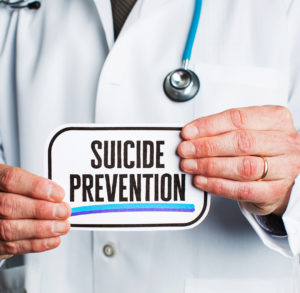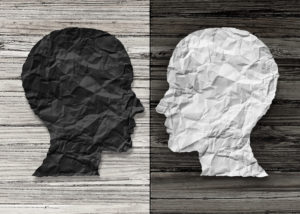 The Centers for Disease Control and Prevention (CDC) defines loneliness as, “an emotion that comes from a lack of social connection.”
The Centers for Disease Control and Prevention (CDC) defines loneliness as, “an emotion that comes from a lack of social connection.”
Almost everyone will experience feeling lonely at some point in their lives. In fact, data from a 2020 survey concluded that approximately 60% of adults living in the United States experienced loneliness that year.
Loneliness can affect our health in different ways:
- It can lead to mental health issues such as depression
- It can affect concentration
- It can affect sleep health
What can you do to combat loneliness? The CDC has the following suggestions to help you cope:
- Start a conversation.
Call, video chat, or text message friends, family, neighbors and co-workers. Write a letter or postcard.
- Use social media and virtual technology.
Use your time online to connect and interact with others instead of scrolling through posts. Set limited timeframes for reading the news.
- Try virtual volunteering to provide support in your community.
Many organizations, including faith-based organizations, offer online/virtual volunteer opportunities which can give you the chance to contribute to something that you find important.
- Practice self-compassion and self-care.
Be gentle with yourself. Take time for yourself. Read, listen to music, exercise, or learn a new skill. Acknowledge your successes and give yourself a break. You are doing the best you can.
- Seek help from a professional if your loneliness becomes overwhelming or feels unmanageable.
Talk to your doctor about how you are feeling.
To speak with a mental health provider at Flushing Hospital Medical Center, please call (718) 670-5316.
All content of this newsletter is intended for general information purposes only and is not intended or implied to be a substitute for professional medical advice, diagnosis or treatment. Please consult a medical professional before adopting any of the suggestions on this page. You must never disregard professional medical advice or delay seeking medical treatment based upon any content of this newsletter. PROMPTLY CONSULT YOUR PHYSICIAN OR CALL 911 IF YOU BELIEVE YOU HAVE A MEDICAL EMERGENCY.









